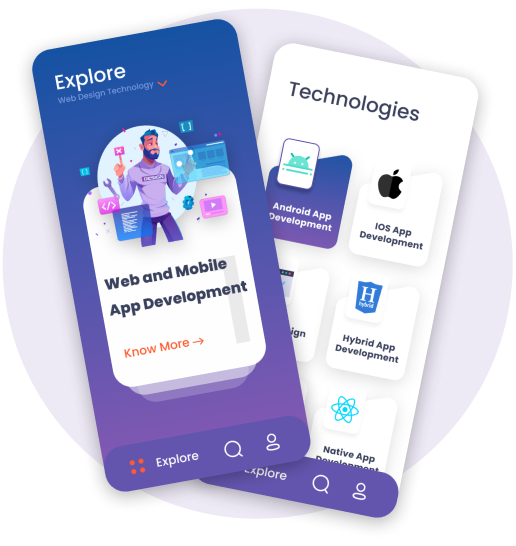
Tailored Software Solutions Engineered for Growth
mTouch Labs is a professional custom software development company specializing in designing and building scalable, secure, and business-aligned software systems that automate operations and support long-term digital transformation.
Custom software development involves designing and building applications tailored to an organization's unique processes, operational challenges, and growth plans.
Unlike off-the-shelf tools, custom software adapts to your workflows, integrates with existing systems, scales with business growth, enhances data control, and supports automation. Our enterprise application development expertise ensures every solution is built for mission-critical reliability.
It becomes a strategic asset rather than a temporary solution — engineered specifically around your requirements and performance objectives. Combined with our UI/UX design capabilities, we deliver software that is both powerful and intuitive.
Security is embedded throughout the lifecycle:
From automation to enterprise platforms
Automate manual workflows, reduce inefficiencies, improve cross-department collaboration, and enhance data accuracy.
Multi-tenant architectures, subscription systems, admin dashboards, and API-first products for reliability and monetization.
ERP platforms, internal management systems, compliance-ready applications, and multi-user secure platforms.
Integrate with CRM, ERP, payment gateways, third-party APIs, and cloud services for seamless data flow.
AWS, Azure & GCP deployment with microservices, auto-scaling, secure API management, and disaster recovery.
We follow a structured methodology to ensure predictable outcomes and long-term maintainability.
We don't just develop applications — we build sustainable digital systems.
Everything about custom software development
A custom software development company builds tailored software applications designed around specific business processes and operational requirements.
Project timelines vary based on complexity, typically ranging from several weeks to a few months.
Yes. Custom software is designed with scalability in mind, allowing systems to grow with your business.
Yes. We offer ongoing maintenance, performance optimization, and scalability upgrades.
Let's discuss how tailored software can automate your operations and accelerate growth.
Connecting...
 Chat with us!
Chat with us!